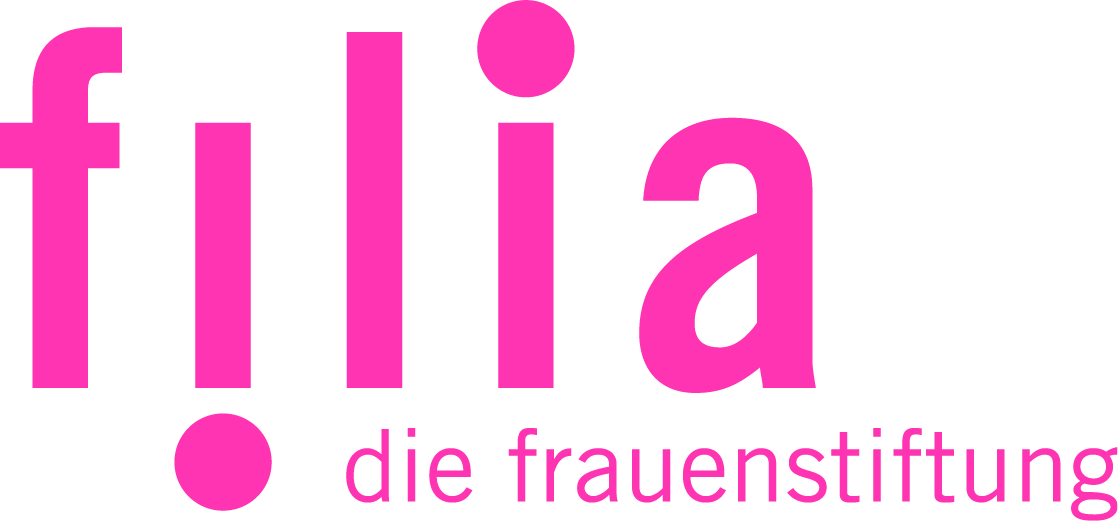filia Foundation Board
According to its statutes, the foundation board is to be (re)elected every three years. A search committee looks for suitable women and invites them to apply for vacant seats on the foundation board. Re-election is only permitted twice in total.
The women of the foundation board work on a voluntary basis and determine the policy and strategy of filia and decide twice a year on the allocation of grants. They are supported in this by working groups: the Advisory Board for Refugee Women* and filia’s Girls’ Advisory Board.
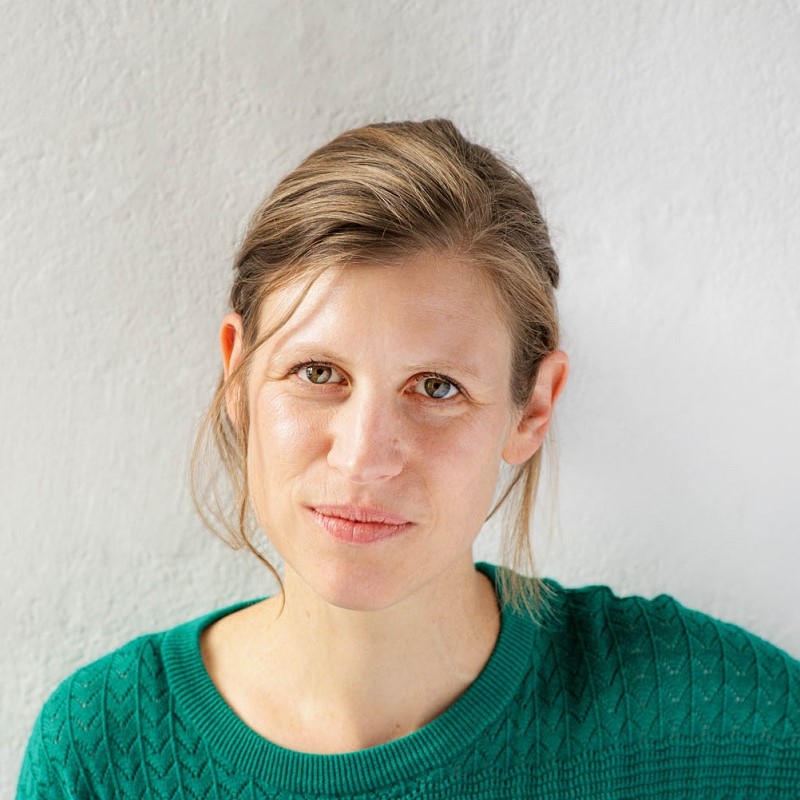
Chair: Dr. Dana Jirous
Born in Cologne
Studies in Political Science in Berlin, Paris, St. Petersburg, doctorate in Leipzig. Since 2005 staff member at OWEN – Mobile Academy for Gender Democracy and Peacebuilding e.V..
Main topics: Feminist peace work, cooperation with Eastern Europe, especially post-Soviet space, biographical-historical approaches to political education.
filia.die frauenstiftung inspires me because filia supports women in becoming agents of change in their respective societies. This change begins at filia itself, with women of different generations, origins and backgrounds making joint decisions about filia’s focus and support. Questioning the distribution of resources and power relations together, thinking anew and living differently – that’s what I’m committed to as well.
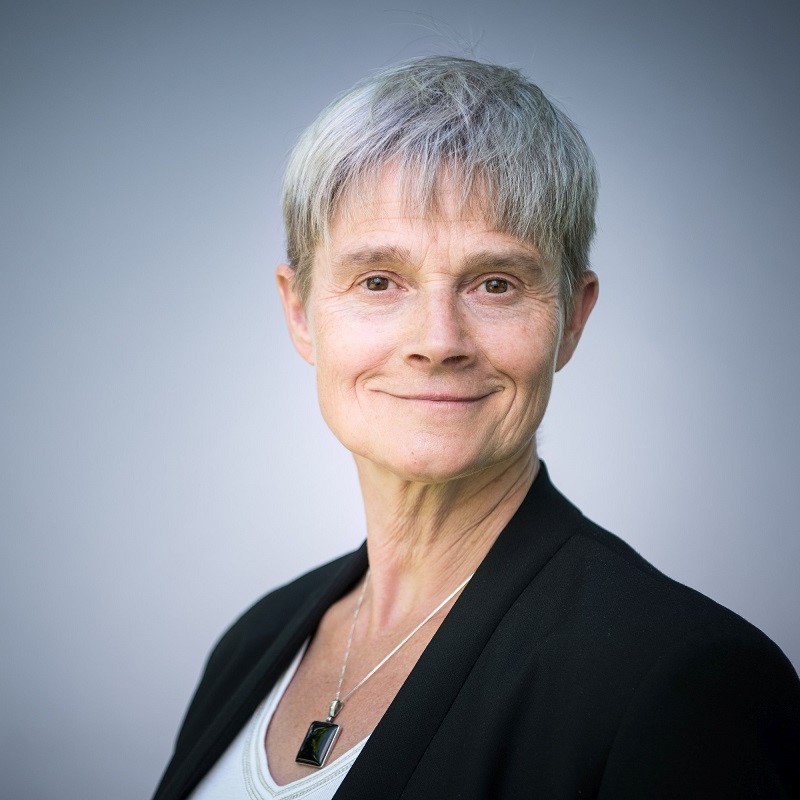
Deputy Chair: Dr. Heike Pfitzner
Born in Radebeul (East Germany)
Studied Education in Moscow (Russia), doctorate in Developmental Psychology (Halle, Berlin), has been working as a freelance intercultural trainer with a focus on Eastern Europe for 25 years; international organizational developer in science, health care and business, lives with her wife in a housing project in the northern part of Hamburg
Main topics: Sustainable leadership, advancement of women
For me, filia is a very effective group of women and girls who have been active for 21 years and who share the vision of a just world for all women and girls. I understand this group as a “community” of very diverse people. In the current time of violent social, economic and ecological upheavals, we filias need to become louder, more visible and more effective. A future worth living on this planet is only possible if we get more involved in the processes of social-ecological transformation. That’s what I’m happy to do on filia’s Foundation Board.
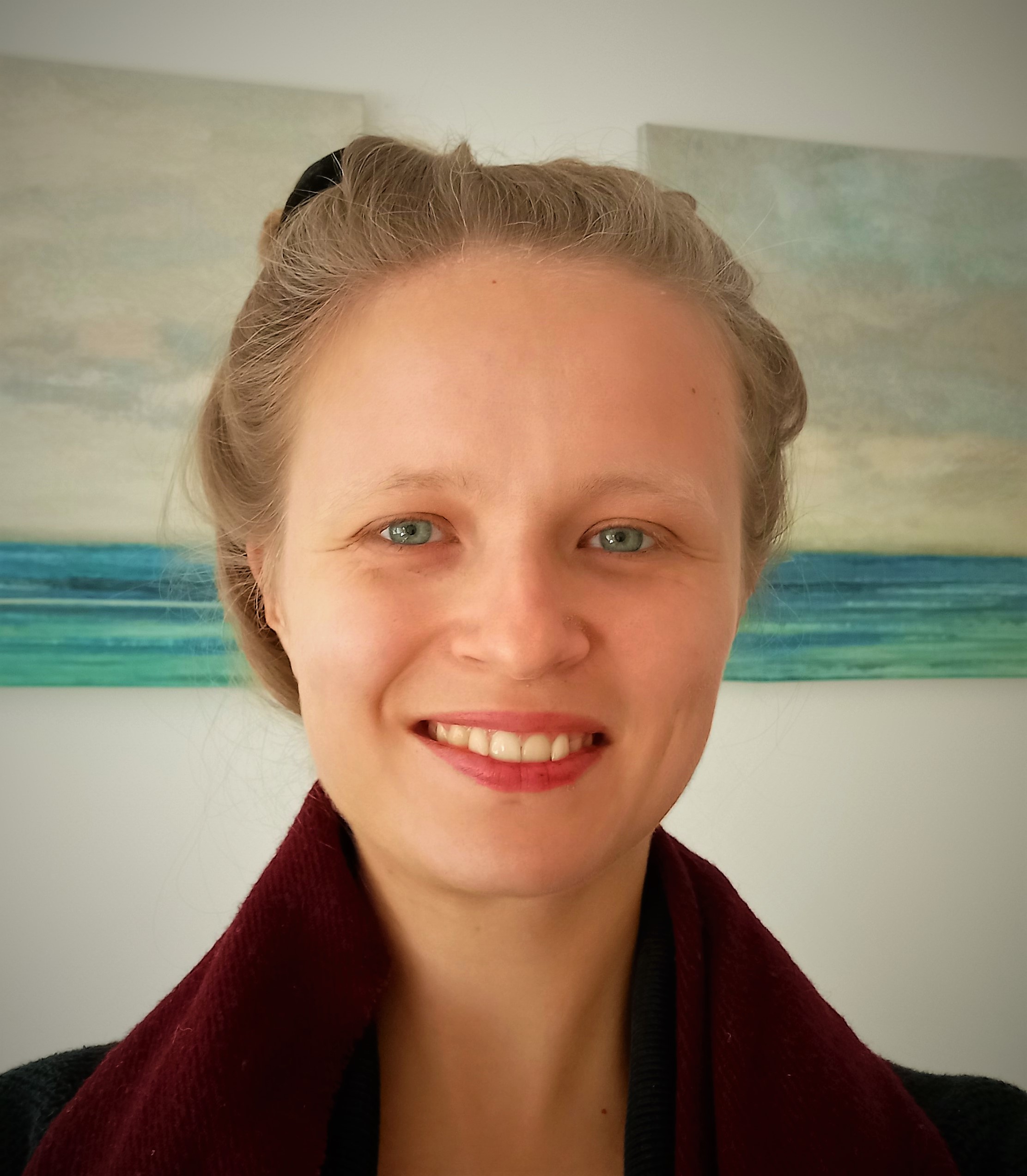
Barbara Ehbauer
Born in Germany
Sustainability Economist. Studied Economics and Political science, especially Sustainability Economics (M.A.), in Erlangen, Barcelona and Oldenburg. Many years of involvement in various feminist groups. Professional stations in international cooperation, among others in Uganda and Latvia. Trained teamer in the field of Education for Sustainable Development (ESD) by the German UNESCO Commission.
Main topics: Women’s economic independence and sexual empowerment, gender and climate justice.
I like to get involved with filia and value the foundation very much because it strengthens feminist issues that are often under-lit in the foundation world and values the expertise of women’s groups on the ground. For me, feminism means thinking intersectionally and looking at the different realities of life and multiple discrimination. In order to initiate real change, I think it is important that feminists stand in solidarity with each other and empower each other.
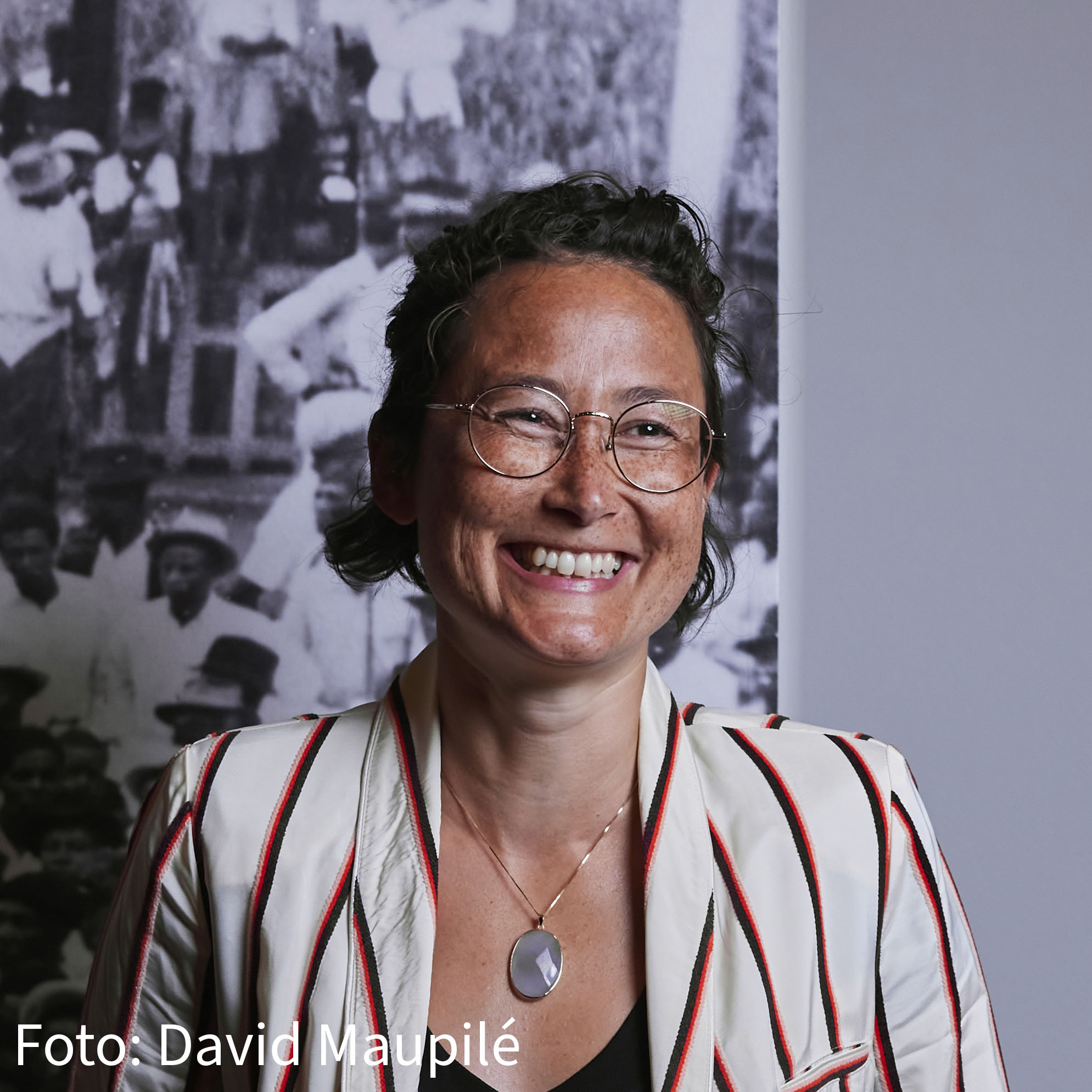
Suy Lan Hopmann
Born in Cologne
Studied Chinese Studies, Sociology and Gender Studies in Hamburg, Beijing and Bristol with a focus on gender, migration and intersectionality. Since 2021 project officer for the decolonization of Hamburg at the Ministry of Culture and Media. From 2018 to 2021 curator for special projects and diversity at the Museum am Rothenbaum. Most recently curated the exhibition “Hey Hamburg, do you know Duala Manga Bell?”.
filia is undergoing change after more than 20 years. I would like to help it continue to develop its potential as Germany’s largest foundation with a clear focus on self-organization, empowerment and anti-discrimination in the next 20 years. With my knowledge, experience and expertise on institutional opening processes and diversity, I would like to accompany filia in this exciting phase and look forward to three years together – with a lot of humor and joy in all the ups and downs that change brings.
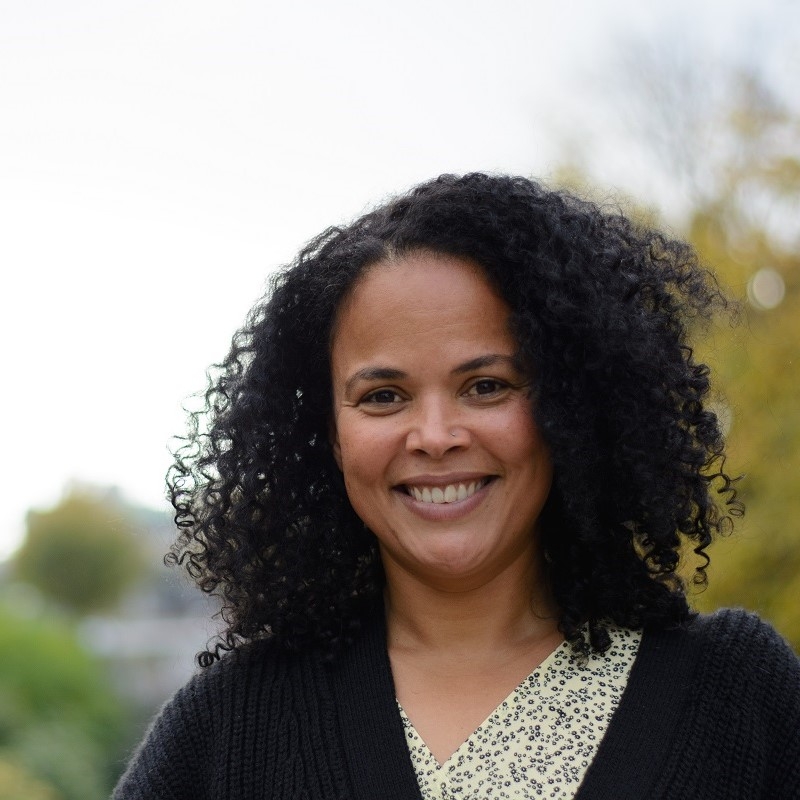
Aileen Puhlmann
Born in Hamburg
Studied in Development Policy and African Studies (BA, School of Oriental and African Studies, University of London) and Tourism, Environment and Development Policy (Kings College, University of London). Seven years consultant for local economic development (GIZ) in South Africa (Eastern Cape), since 2016 with Lemonaid & Charitea e.V., meanwhile as board member. Volunteer founder of Community Kids, a parent-child initiative for Black people in Hamburg, freelance and volunteer author, trainer and speaker in anti-racism and empowerment work.
My involvement with filia is simply an expression of my belief that it is necessary to volunteer in order to bring about change in this world. It is also a way to share my own “time wealth” with society and especially with women*. I ask myself questions about power, who has it, who needs to give it up, and how it needs to be used to act a little more equitably. I admire the work that filia has been doing for many years and am honored to be able to accompany the organization in its own reflection. Most of all, I look forward to learning a lot from filia myself and getting a glimpse of the great work it does.
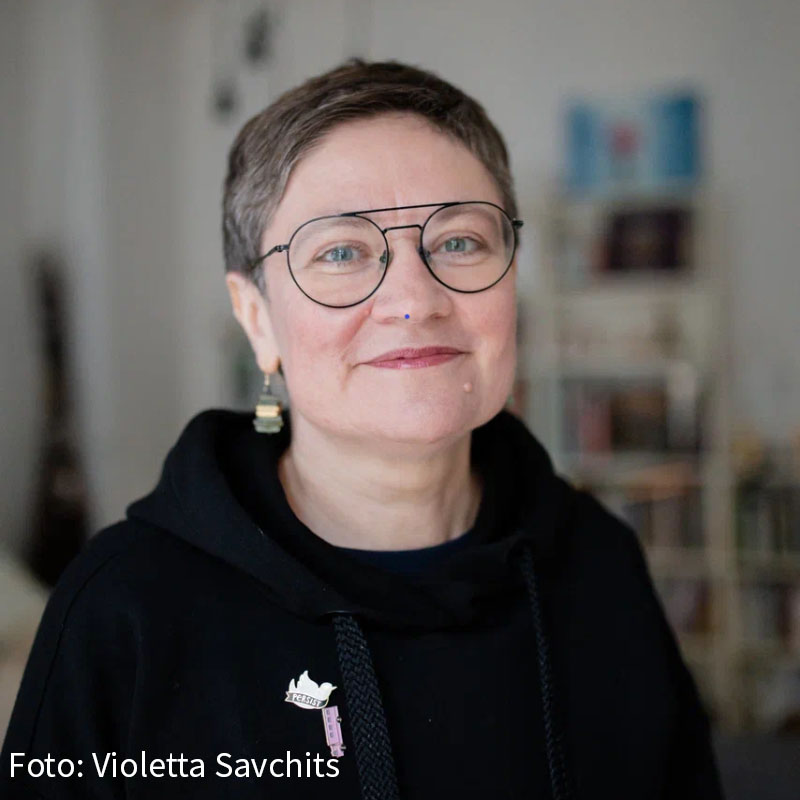
Olga Shparaga
Born in Minsk (Belarus)
Studied philosophy and social and political sciences in Minsk and Bochum. Doctorate in Minsk. Teaching and research experience in Belarus, Lithuania, Poland, Czech Republic, Germany and USA. As well as activist and journalistic activity in Belarus. At the moment I live in exile.
Main topics: Political and feminist philosophy, philosophy of community, and justice.
In filia I am new. After the mass protests in Belarus in 2020, I want to have more to do not only with feminist philosophy, but also with feminist practice. Because the other women inspire me. And in the process I understand how much more we should do for gender equality. The additional task for me is to support the women who suffer from authoritarian repression, in the situation of migration and war. I am very happy to work on this in filia.
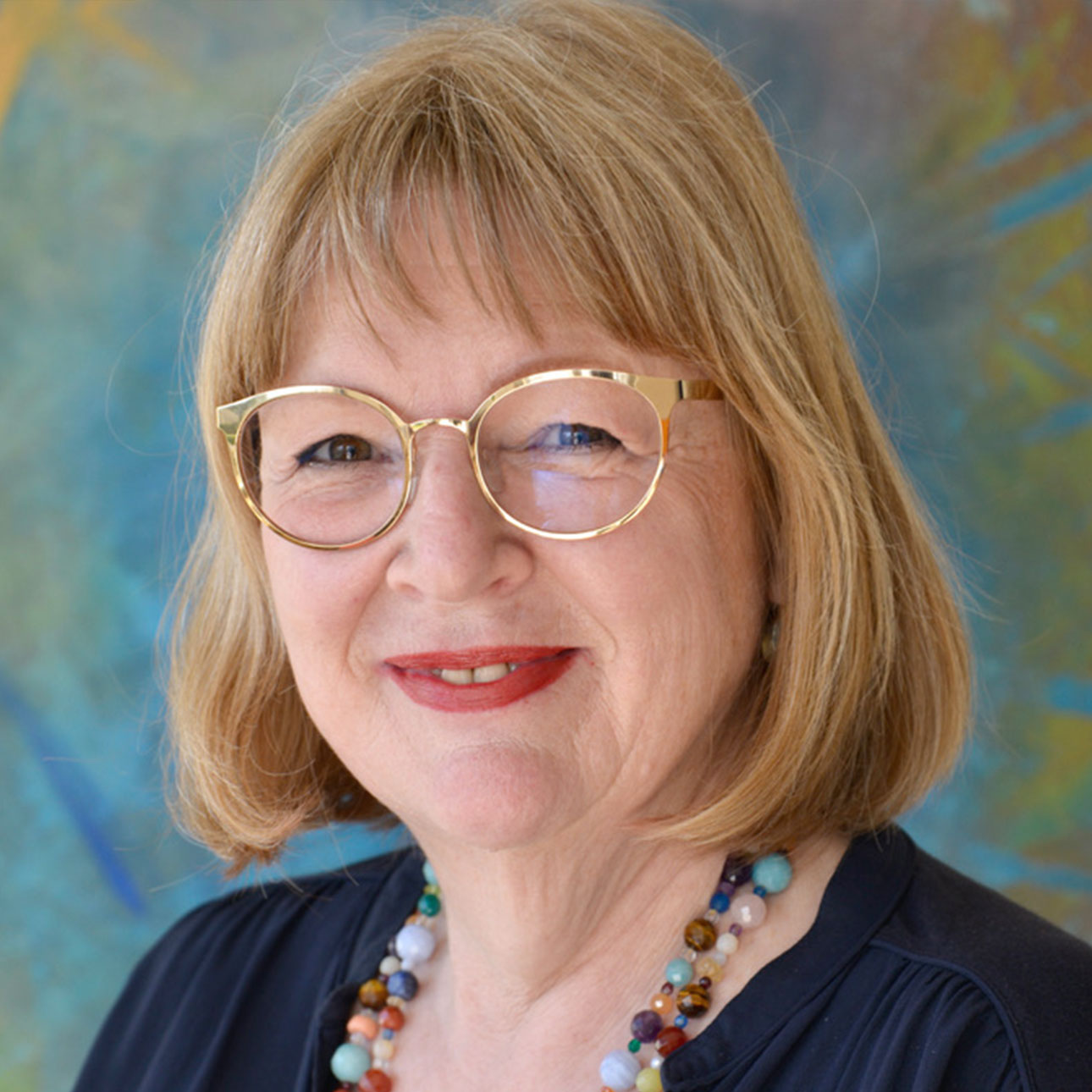
Karin Stellwaag
Born in Stuttgart.
Studies in art history and empirical cultural sciences in Tübingen, worked as a freelance journalist in the field of art and culture.
Trained as a real estate specialist and since then has worked as a self-employed entrepreneur in the real estate industry, mainly in the management and administration of commercial and retail properties. For more than 30 years voluntary work in various organizations, most of them with a focus on women*.
I am committed to filia because, for me, the fundoundation is an outstanding opportunity for women to show solidarity with other women, far beyond the borders of Germany. It is wonderful to see how and where women are actively involved in changing their lives, their roles and thus part of society. “Change not Charity” is the attitude I identify with – empowerment and participation, rights and justice, support and solidarity of women and men for a better future.
